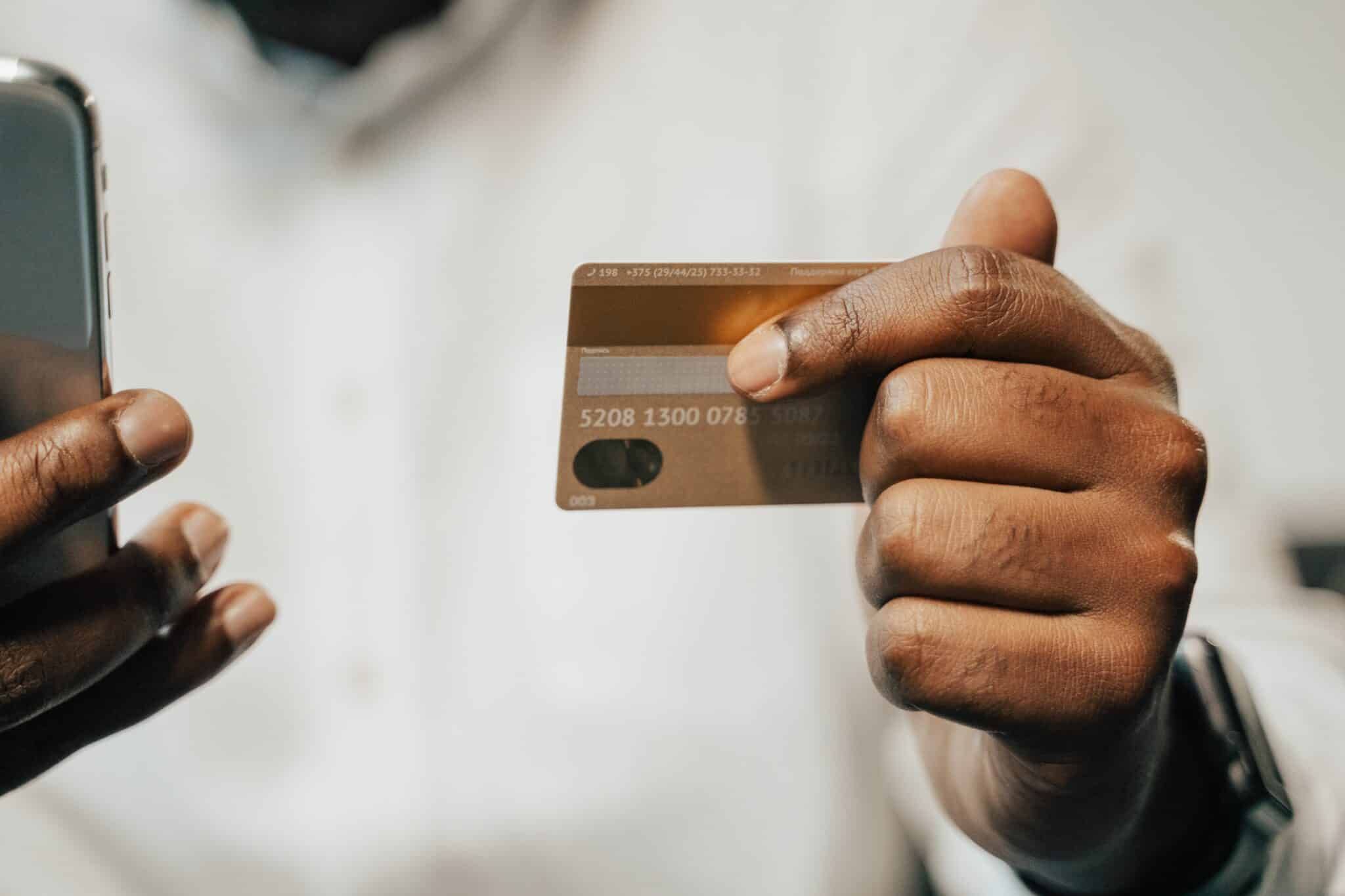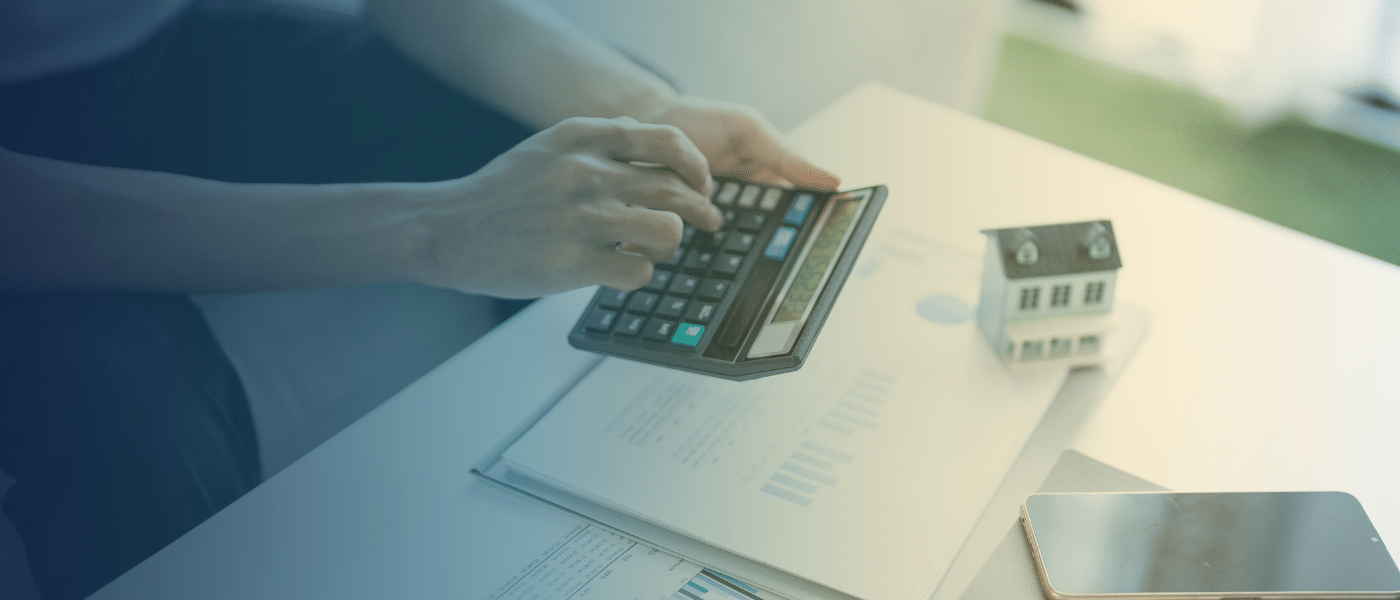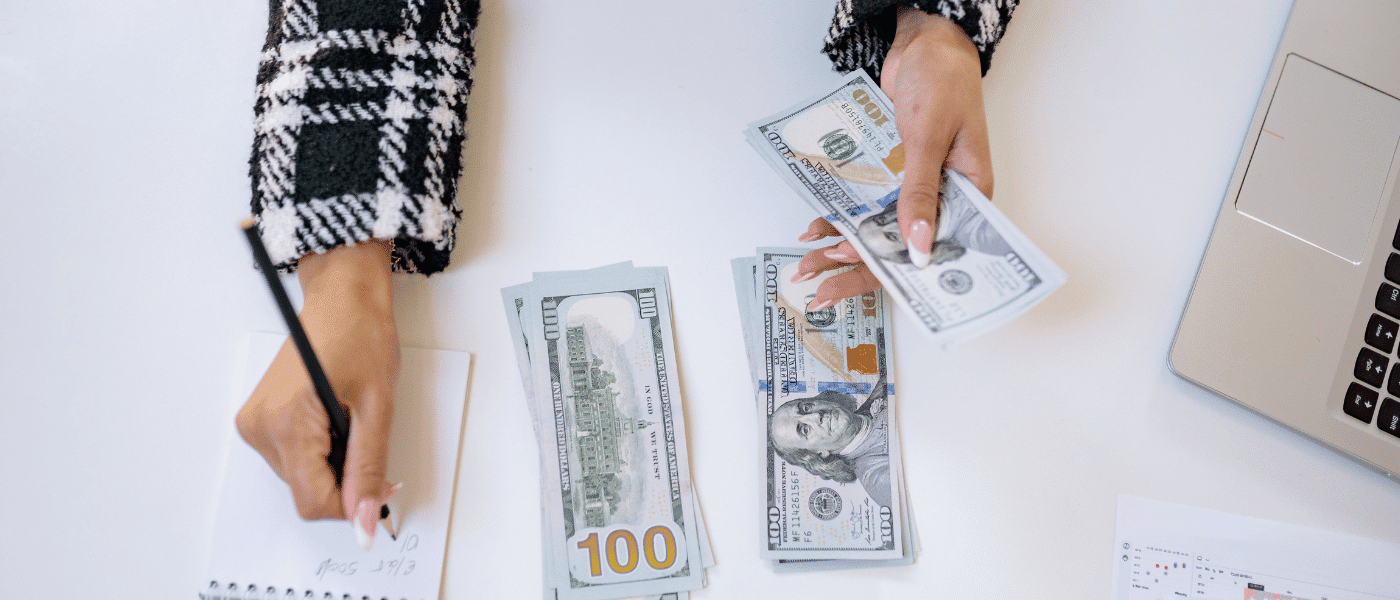You can remove a hold on a debit card by contacting your bank directly and asking them to release or verify the pending transaction. In many cases, the hold clears automatically once the merchant finalizes or cancels the charge, but calling your bank can speed up the process.
If you’re dealing with a debit card hold, you’re probably frustrated because your money seems “stuck.” Maybe a gas station, hotel, or online retailer placed a temporary hold that’s tying up funds you need for bills or groceries. Don’t worry, these holds are common and can usually be resolved quickly with a little communication.
What Exactly Are Holds on a Debit Card?
A hold on a debit card occurs when you make a purchase, and the merchant contacts your bank or depository institution for an automatic hold instead of having funds immediately deducted. This is also called a pre-authorization hold. This allows the merchant to provide an amount of money that is essentially blocked off from use until they get paid in full. If you check your bank account online, this hold will appear pending. Remember that sometimes you will see a larger hold amount until the actual amount is taken out from your account.
What Is a Temporary Hold On a Debit Card?
A temporary hold on a debit card is a pending amount that temporarily withdraws funds from your bank account. The pending amount is typically small, about one dollar. This is typically done by businesses to ensure you have sufficient money to cover a purchase and any additional costs. Holds typically last 3-4 business days, but can last longer for car rentals, hotel stays, and other high expenses.
What Kinds of Purchases Require Holds on a Debit Card?
You may notice that some places will have pre-authorization holds on credit or debit card transactions while others do not. There will be a hold when you make a transaction where the amount is not finalized on a purchase. Here are some examples of a few different kinds of vendors/transactions that will require a hold:
- Diesel and gas purchases
- Convenience stores
- Hotel stays
- Car rentals
- Restaurants
What Does a Debit Card Hold Mean for My Checking Account?
When debit cards have a hold, the money in those accounts will have a hold. This means that regardless of your available balance, as soon as a hold is placed, that amount will impact your funds. For example, let’s say that you have $100 and make a gas purchase for $35.00. The gas station may immediately put a hold for $50.00 even if you used less. That means that until that transaction is finalized, you will have $50.00 left in your bank account. And so, you need to keep that in mind before making a purchase with a hold, or you may be asking yourself why your debit card was declined, with enough funds.
Can I Remove Debt Card Holds Myself?
No, you will need to wait for the bank and merchant to work together for the actual amount to go through until the hold is removed. The good news is that holds are usually not too long; more on that below.
How Quickly Will a Hold Be Lifted From My Debit Card?
Generally, account holds will disappear after three to four business days once the amount for the actual purchase goes through. However, in some cases, it can take longer or less time. You can contact the merchant directly to ask about hold times. For places like restaurants and gas stations, you can expect the finalized amount quicker than something like a car rental or hotel stay.
What Kinds of Issues Can Debit Card Holds Cause?
Although debit card holds can be convenient for different merchants, they can sometimes cause inconveniences for debit card users. Here are some things to keep in mind with a debit card hold:
Unreliable Balance
Having a hold after a debit transaction can make it difficult to gauge exactly how much money you have in your account, especially if, like most people, you aren’t checking your checking account balance throughout the day. And so, although you may think you have a certain amount of money to spend, a hold will likely change the actual amount.
Declined Debit Transactions
One consequence of a hold is losing your available balance and then having your debit card declined when trying to make a purchase online or in person. Depending on what you are doing, this can be embarrassing and frustrating, especially if you thought you knew exactly how much money you had in your account.
An Unreliable Final Bill
Many places like hotels, restaurants, and car rental companies will need your debit card or credit card information and will place a hold on your account. Until you are completely done with your service and a few days go by for the transaction to post, you may not know exactly what fees, tips, or charges a merchant took out of that hold. So, it can be challenging to predict the total cost.
Overdraft Fees or Non-sufficient Fees
An overdraft fee occurs when you have overdraft protection in place and spend more than the amount you have in your bank account. While a bank will charge a non-sufficient funds fee when you go above your balance, without protection, and your account goes into negative. Leaving your bank account overdrawn or negative can have detrimental consequences, including compounding fees or needing funding with a high interest loan option just to get things back on track. And unfortunately, sometimes account holds can lead to you having these fees.
Bank Account Holds
If your bank account goes into overdraft or negative balance, it can lead to a freeze on it. With a bank account freeze, you will not be able to take out any money from your account, and your automatic payments will not go through. Just like a negative balance, a frozen bank account can have devastating consequences on your finances. However, unlike a negative balance, a bank account freeze can take more time to resolve.
Issues With a Credit Card Hold?
Credit card users working with holds on their cards can run into the same issues as debit card users. For example, with a hold, you may go over your credit limit and have your credit card declined. If you know you are traveling or something else that requires a large hold, you may want to ask your credit card companies for an increase in your credit limits.
What Issues Can Arise With Joint Bank Accounts?
Joint bank accounts usually have two owners, each of whom will have access to the account through their debit card. When spending money together, it can be easy to manage and keep track of money. However, if these two account users spend money separately, it will be easy to lose track of the bank account balance, especially with holds! And so, if you know that your transaction will have a hold on it, ensure that you communicate with the other debit card user.
What Can I Do To Make Debit Card Holds More Manageable?
Here are some things you can do to make debit and credit card holds more manageable:
- Look up potential charges and fees before making a purchase, so you know how much you can expect to pay at the end of the hold.
- Before providing your debit card or credit card information, ask about hold policies, including amounts, a timeline, and if there are any hold times in the first place. That way, you can avoid holds if you need to.
- Use the same card with a hold to pay for new transactions with the same vendor.
- Ask about their policy on reversing holds.
- Get a receipt for your purchases/charges.
- Check your account balance regularly, especially if you know the vendor you just visited will provide a hold.
- After a significant and uncertain expense/hold, do not spend money if possible until the transaction clears.
- Sometimes it may be wiser to use your credit card for temporary hold transactions, as most people have a larger limit there than their primary checking account. You can also get reward points (depending on the card), and it is easier to dispute transactions with credit cards.
An Alternative to Debit Cards and Credit Cards
A prepaid debit card is an excellent alternative to using a credit or debit card for transactions requiring a hold. You can find prepaid cards from almost every major credit card network at gas stations, convenience stores, and many major retailers. You can load this card with cash and use it just like a debit or credit card. When using this, you don’t have to worry about the balance in your bank account. If you need more funds, you can simply load them onto it and use the card. You won’t have to worry about overdrafts, non-sufficient funds fees, or charges if you exceed your credit card limit or checking account balance.
Other Kinds of “Holds” on a Debit Card?
For some people, when they hear the term “hold on a bank account,” they think of a declined card. And if that is the case, it will usually be because of an issue with the connected checking or savings account. And so, to remove the hold from the debit card, you will have to resolve the problem with the bank account. All pin transactions will come from a checking account unless you specifically take out cash from a savings account. And so, in most cases, the issue will likely be with your checking account.
The First Step You Should Take if Your Debit Card Is Declined
The first step you need to take to fix a declined debit card is to figure out the issue by contacting your bank, credit union, or depository institution. Calling your bank will tell you precisely what the problem is and how to resolve it. The most common reason for a debit card decline is insufficient funds.
References:
Debit Card “Holds” | Consumer.gov
Nooreen Baig brings over nine years of experience as a financial writer, editor, and copywriter, including eight years in the FinTech space and five years at CreditNinja. She specializes in creating clear, trustworthy content that helps consumers better understand lending, credit, and personal finance topics. At CreditNinja, Nooreen has developed and maintained a consistent brand voice across a wide range of marketing initiatives, including landing pages, digital advertising, email campaigns, SEO content, and customer-facing web experiences. She is passionate about crafting user-focused messaging that supports the customer journey while aligning with regulatory and compliance standards. Nooreen earned her BA in English Language and Literature and is a member of the American Bankers Association® Frontline Compliance program, having completed over 24 professional certification courses. Her background also includes certifications in email marketing, UX writing, and a UX/UI design certificate from Northwestern University. With a strong foundation in digital marketing, SEO strategy, and user experience best practices, Nooreen is dedicated to making complex financial concepts more approachable, engaging, and empowering for everyday readers.






